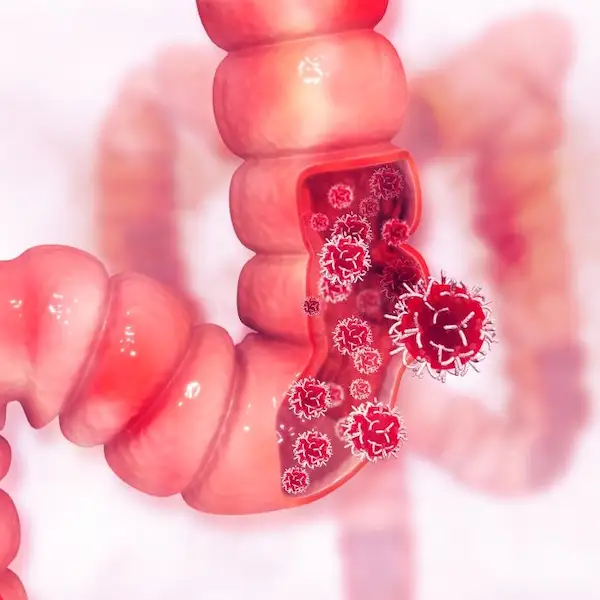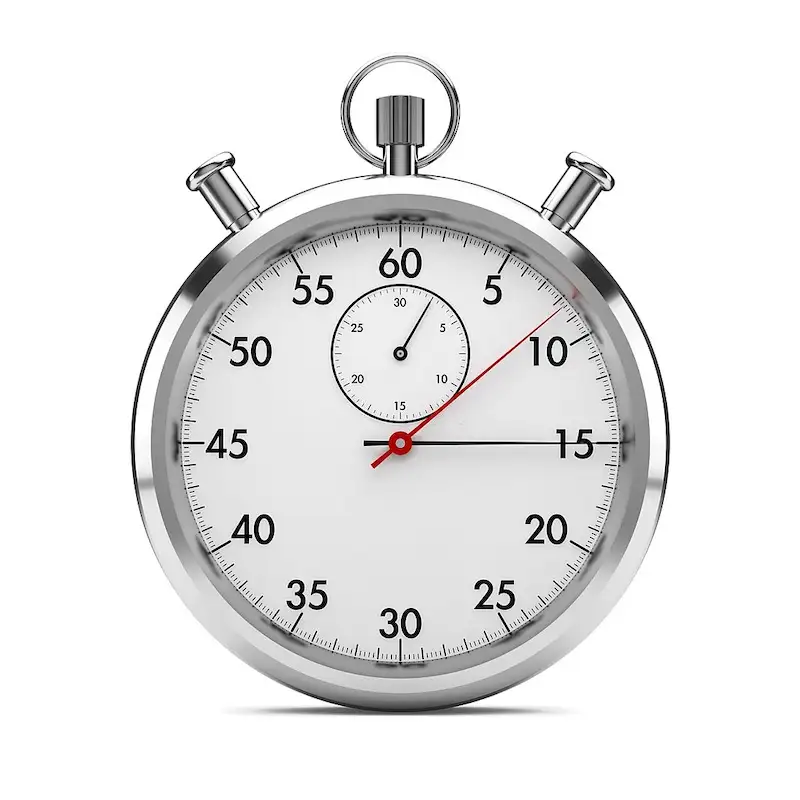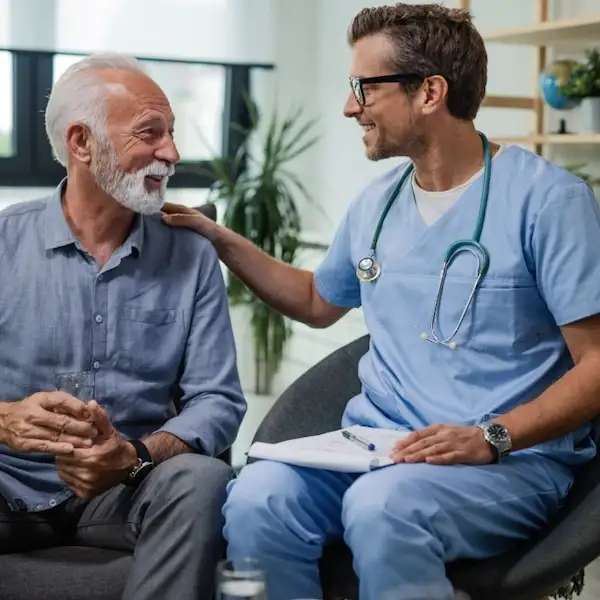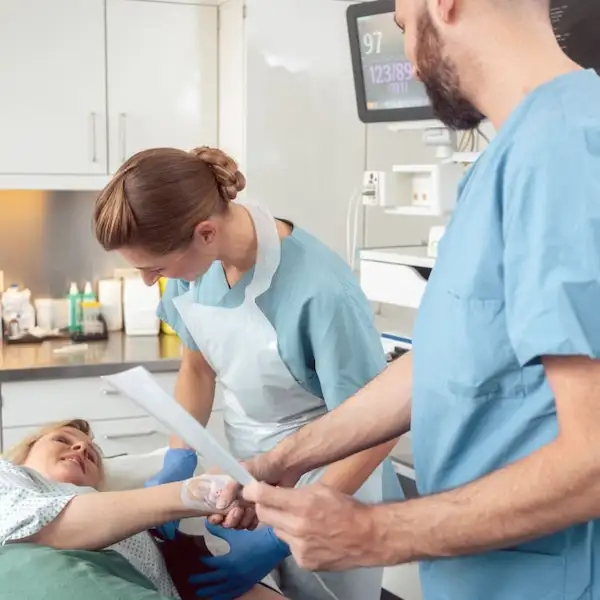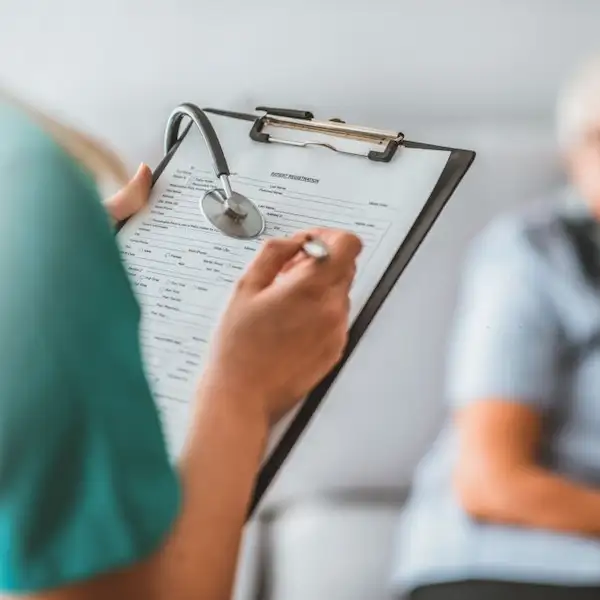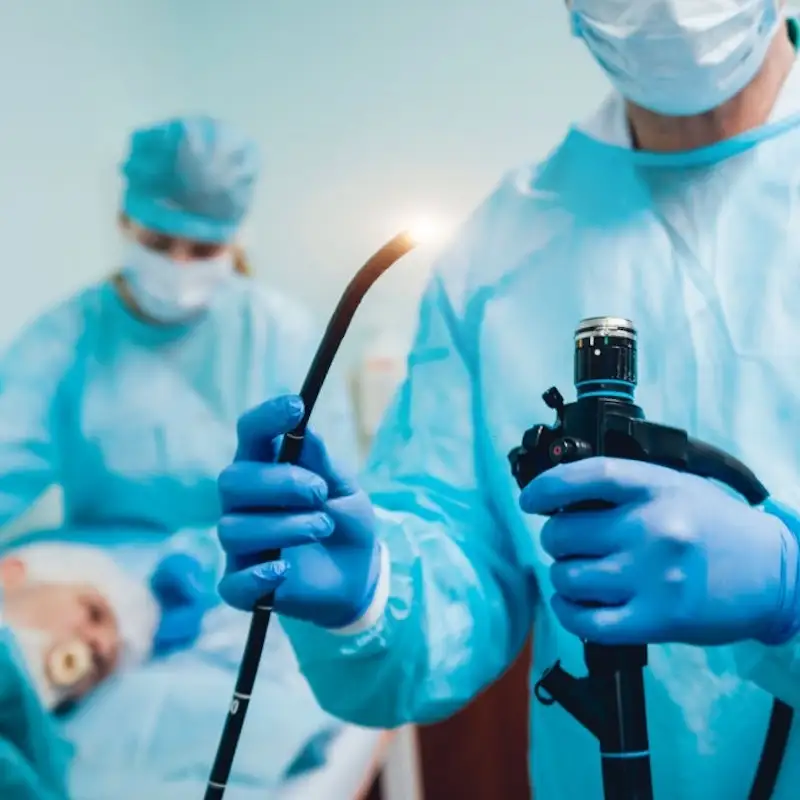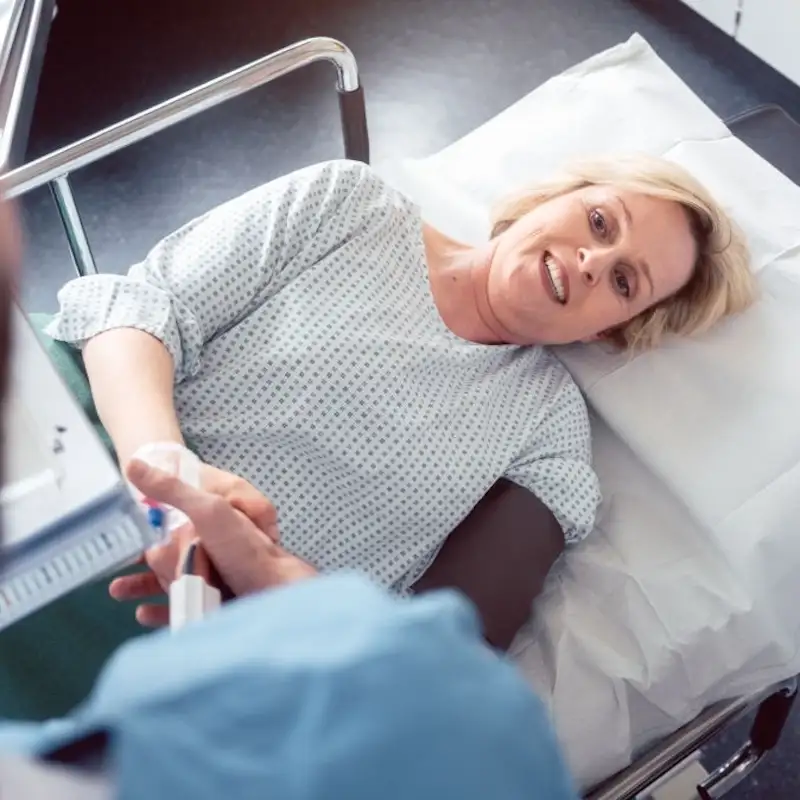Colonoscopy
Colon cancer affects thousands of lives each year
Colon cancer remains the second leading cause of cancer death in the United States, with an estimated lifetime risk of developing cancer at 5%.
The American Cancer Society has estimated that approximately 52,980 individuals died from this cancer in 2021.
Don’t Be a Statistic!
%
Estimated Lifetime Risk of Developing Cancer
Cancer Deaths in 2021
Studies have shown that colon cancer screening has made a significant decrease in colon cancer incidence and mortality.
The American College of Gastroenterology recommends that colon cancer screening for average-risk individuals begins at age 45 for African-Americans and at age 50 for all others.
While much progress has been made in colon cancer screening and prevention recently, 35% of the at-risk population is not up-to-date with the advised screening recommendations.
Our expert care
Tri-State Gastro is fully accredited by the Accreditation Association for Ambulatory Health Care, Inc. Patients receive sedation to ensure a painless examination.
The quality measures for Tri-State Gastro are well above the recommendations suggested by the American Society for Gastrointestinal Endoscopy, ASGE. 7
Average non-therapeutic colonoscopies withdrawal time
ASGE Recommendations: >= 6 minutes
TSGA: 7.78 minutes; this means that TSGA doctors take their time in trying to find polyps
Average adenoma detection rate
ASGE Recommendations: >= 25%
TSGA: 49.5%; this means TSGA finds more polyps and removes them
Outpatient colonoscopy preparation effectiveness
ASGE Recommendations: >= 85%
TSGA: 98%; this means that the preps prescribed for TSGA patients are more effective, which helps detection rate
Appropriate documentation
ASGE Recommendations: >= 90%
TSGA: 99.05%; this means that TSGA is thorough with patient reporting and care
The Basics of Colonoscopy
Colonoscopy is an outpatient procedure in which your large bowel (colon and rectum) is examined. Your doctor may perform the procedure to diagnose and treat, when possible, certain diseases of the lower gastrointestinal (GI) tract, which includes the rectum and colon.
- Abdominal pain
- Anemia (low red blood cells)
- Blood in the stool
- Change in bowel habits
- Screen for colon cancer
- Unexplained weight loss
It is often used to treat certain diseases.
- Bleeding from diverticula or other lesions can be treated by injecting medicine around them or by applying heat to cauterize — or seal — them).
- Polyps, some of which may be cancerous, can be removed using a lasso-like device through the colonoscope.
- Narrowed areas or strictures can often be dilated using a balloon.
Colonoscopy FAQ
How Do I Prepare for a Colonoscopy?
Before a colonoscopy, let your doctor know about any special medical conditions you have, including:
- Pregnancy.
- Lung conditions.
- Heart conditions.
- Allergies to any medications.
- If you have diabetes or take medications that may affect blood clotting. Adjustments to these medications may be required before the colonoscopy.
Never stop taking any medication without first consulting your doctor.
You may need to take antibiotics before the colonoscopy if you:
- Have an artificial heart valve.
- Have ever been told you need to take antibiotics before a dental or surgical procedure.
There may be some diet or fluid restrictions before your colonoscopy, but this will vary according to your doctor’s instructions. You may be asked to limit or eliminate solid foods for a few days before the test. You will also be asked to take laxatives by mouth to clean out the colon.
Along with the dietary changes, your bowel must be further cleansed in order for colonoscopy to be successful. You will usually receive 1 or 2 enemas before the procedure. Try to hold the enema solution for at least 5 minutes before releasing it.
Make sure you arrange for a driver to bring you home after a colonoscopy. Because you receive sedating medication during the procedure, it is unsafe for you to drive or operate machinery for about 8 hours after the procedure.
How Is a Colonoscopy Performed?
The colonoscopy is performed by an experienced doctor and lasts approximately 30-60 minutes. You will receive medication to make you feel relaxed. You will be asked to lie on your left side on the examining table. During a colonoscopy, the doctor uses a colonoscope, a long, flexible, tubular instrument about 1/2 inch in diameter
that transmits an image of the lining of the colon so the doctor can examine it for any abnormalities. The colonoscope is inserted through the rectum and advanced to the other end of the large intestine.
